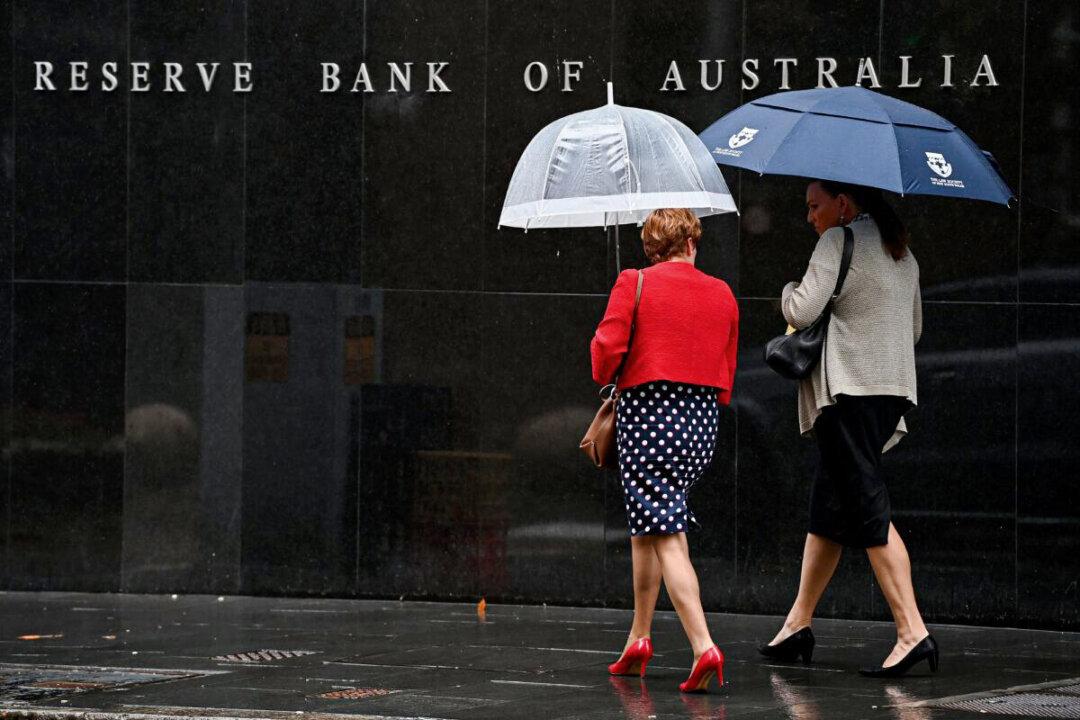The governor of the Reserve Bank of Australia (RBA), Phillip Lowe, has faced fierce criticism from the federal government over remarks about Australia’s current economic situation regarding wage growth and interest rate rises.
In a speech made at a business dinner on Nov. 22, Lowe said that the country should not “buy into the idea that wages have to go upwards to compensate for inflation” because it could lead to a disaster situation.




